The American education system needs drastic reform from bottom to top. Our K-12 schools, both public and private, have come to be dominated by radical left-wing ideas. Schools not only indoctrinate students with a one-sided view of history and society, but they also increasingly fail in their core mission of imparting the basic skills needed to function in our advanced and complex society.
Likewise, our universities, professional schools and graduate schools are in the grip of a far-left ideology that has compromised their traditional missions of truth-seeking, knowledge creation and the preservation and transmission of western culture and the advanced skills essential to its vitality and prosperity. The analysis of what is amiss, and how to fix it, differs for each level of education. Here I will focus on higher education, and one important aspect of its debasement: the growing practice of censoring and punishing free expression. Why has this happened? The story is complex and intricate, but I believe it can be boiled down to three interrelated developments that lead inexorably to the suppression of dissent.
In order to succeed and maintain its grip, woke must become the enemy of free thought and expression
They are, in brief: the adoption of a so-called woke ideology, and especially its demand for equity in all things and its aura of moral certainty; the adoption of a therapeutic imperative to psychologize, subjectivize and thus overextend and abuse the ideas of mental harm and trauma, along with the weaponized deployment of the legal concepts of harassment and hostile environment; and the widespread feminization of higher education as well as other aspects of our democracy and society. How do these trends inexorably lead to censorship? The first culprit, the rise of woke ideology, divides the world into oppressors and oppressed, identifies western and American cultures and institutions as bigoted and racist and sees disadvantaged minorities and non-westerners as victims of first-world oppression.
The disdain for Anglo-American practices extends to their support for free thought and expression, which are regarded as suspect tools of racist white and western hegemony and thus admits of no hesitation to suppress ideas and thoughts when they undermine woke objectives. In addition, and most importantly, wokeism considers all inequalities illegitimate and as products of bigotry, discrimination and other evil social forces that must be fought and vanquished.
But insisting on “equity” – which has come to mean strict equality of outcomes – and seeing existing inequalities as the product of racism and discrimination, requires suppressing facts and accepting falsehoods about the realities of the world around us. Empirical evidence abounds that not all people or groups are equal in every respect – in competence, capacity, actual and potential contributions and culture.
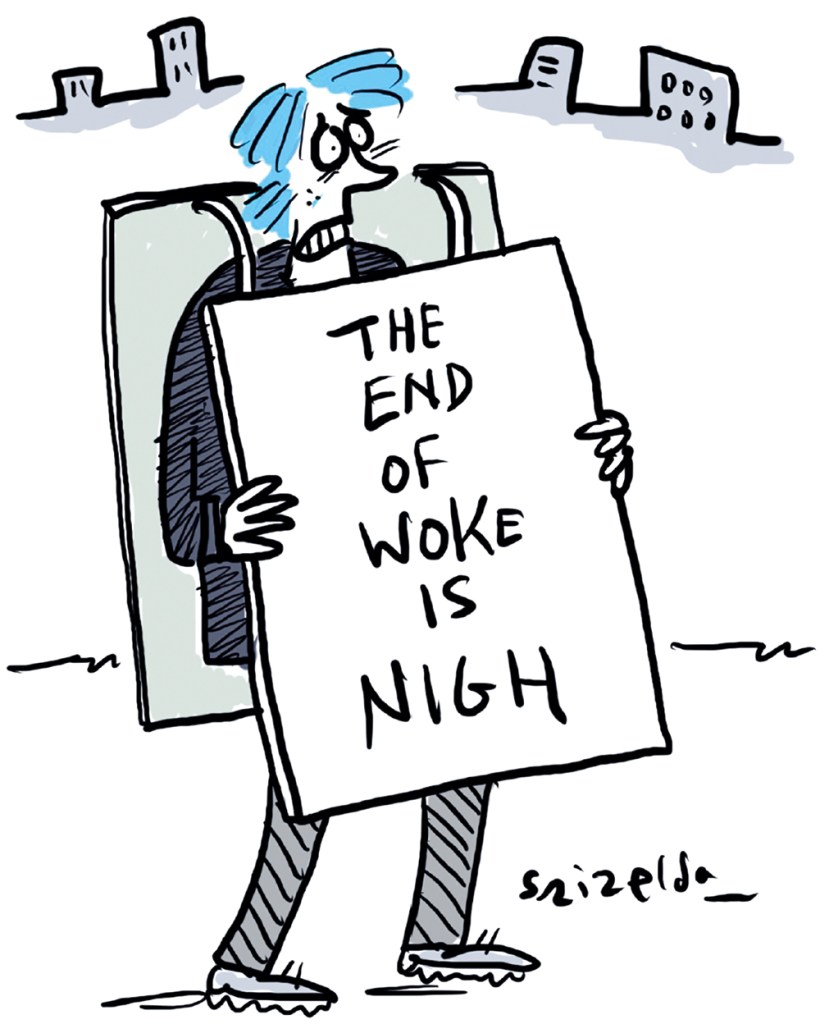
And there are also compelling reasons, based on empirical evidence, to deny that all observed inequalities are the product of bigotry, prejudice, racism and oppression. Yet the woke ideology cannot accept these possibilities and is actively hostile to them. Admitting or even considering the realities that belie the woke worldview jeopardizes its extravagant and ambitious project of social engineering, which aims to bring about equality by any means necessary.
The facts and arguments that undermine the woke project and the assumptions that maintain it must be suppressed, censored and punished. In order to succeed and maintain its grip, woke must become the enemy of free thought and expression. The adoption of “woke” ideology leads inexorably to censorship.
Relatedly, woke ideology also mandates double standards in the treatment of ideas. The division of the world into oppressor and oppressed means that attacking or even telling lies about oppressors is permitted and encouraged, but any criticism of the oppressed, however valid, is forbidden and punished.
This attitude can be found in my own institution, the University of Pennsylvania, which permits the open expression of pro-Hamas, pro-Palestinian, anti-Jewish and anti-Israel positions but will not tolerate negative commentary, including true statements of fact, about groups regarded as oppressed.
Thus, based on true statements I made about women and black people I was sanctioned by my university for “inequitably targeted disrespect.” But negative generalizations and commentary on Jews have not been sanctioned. Rather they are fiercely defended in the name of “academic freedom” and even celebrated on campus in the wake of the events of October 7.
In a similar vein, woke ideology’s stark, Manichean division of society into evil oppressors and innocent and virtuous victims goes hand in hand with a posture of moral certainty that licenses the eradication of “evil” in all its forms, including evil ideas and thoughts that contradict or undermine woke dogmas. That attitude, too, leads straight to censorship.
Not only is this license to censor a threat to the university and to higher education as a whole – and to its core commitment to empiricism, rigor and truth-seeking – but it also poses a serious threat to democracy itself. Without tolerance for differing positions and ideas, a stable democracy cannot exist, as it does not and frankly never will in most of the world and in its institutions and cultures.
As America’s most insightful Founding Father James Madison explained, free and democratic societies will always contain factions – factions will never disappear. What did he mean? That even though a free and democratic society cannot exist in the absence of some fundamental commitments and cultural commonalities, free people will always have differing ideas and priorities, they will always disagree, they will never converge toward complete consensus on every issue that confronts their society.
Free people will always have differing ideas and priorities. They will always disagree
A workable and stable democracy demands that its members learn to live with the permanence of disagreement on important issues of policy. They must accept and tolerate factions, coexist, however grudgingly, with a loyal opposition and restrain strong impulses to destroy, persecute, punish and silence opponents. These requirements are hard to live by. The ethos they create is fragile and easily destroyed.
We are moving away from that ethos today, with higher education fully complicit in the transformation. The notion prevailing among proponents of progressivism, which is that “we will all agree” on what is good and evil and will converge on the right moral and political attitudes if only we are properly educated and informed, is actively peddled by the woke ideology dominant on campus. This is a dangerous idea. It is the enemy of free thought and expression and inevitably leads to censorship and the punishment of dissent.
Second, woke ideology has spawned a monster through the psychologizing and subjectivizing of harm and the deployment of concepts of psychological harassment and hostile environment to silence dissent. Historically oppressed and marginalized groups, it is claimed, must be insulated from opinions and ideas – and even factual claims – which offend or upset them, or that run contrary to their own views, because such speech causes mental trauma and distress that can also impede learning.
This idea amounts to a destructive expansion, abuse and weaponization of the harm principle to license broad censorship without limits. Psychologizing harm enshrines what is termed a heckler’s veto – the unchecked right of those upset or offended by speech to shut it down.
Woke ideology has spawned a monster through the psychologizing of harm
Our courts have long understood that to allow a heckler’s veto in the form of the listener’s offense or disapproval to curtail speech is effectively to gut protections for free speech and expression as guaranteed by our Constitution. They have thus repeatedly refused to allow such a veto. The parallel free-expression protections long recognized in the academy, whether public or private, have carried forward these insights. But they are under attack and are steadily eroding.
The imperative not to indulge a heckler’s veto is reinforced by the subjective nature of claims of offense, disapproval and upset, which make them unprovable, unanswerable and impervious to rational discourse.
Moreover, because woke dogma regards vulnerable victims as always in the right and morally beyond criticism, any objections to speech or ideas grounded in their subjective reactions must be accepted without question. The offending speaker is thus deprived of any defense against the censorship of his thoughts and ideas.
Likewise, the concepts of sexual and racial harassment have routinely been extended far beyond the original, stringent legal requirements of persistent, direct and severe insults, to justify deplatforming and penalizing even the mildest and most trifling utterances.
The complaints that have been made against me at the University of Pennsylvania, illustrate the abuse of the harm concept and its overextension. Based on my expression of conservative positions on policy issues in the media and outside the university, some students have claimed that it is reasonable to believe that I am biased and would discriminate against them. I am thus unfit to teach.
These are of course unproven assertions resting on students’ states of mind and speculation about my own, for which there is no objective evidence. But of course, the accusers’ position is that no evidence is needed. These are irrefutable accusations and designed to be so. Other students assert that they are so disturbed and traumatized by my statements in the media that they are unable to sit in my classroom and learn from me. Ergo, once again, I am an unfit teacher.
How does one counter such statements? It is of course impossible and it is designed to be so. Such assertions cannot be refuted and must be accepted. And they are accepted by those in authority at my university, who dare not question them.
Finally, a growing threat to free thought today is feminization. Feminization consists in the elevation of feelgood and emotion-driven priorities and the pursuit of personal and group “equity” over more traditional, masculine values and virtues.
In the feminized academy, equal outcomes are regarded as more important than competence, merit and excellence, and the subjective well-being and self-regard of vulnerable populations, especially oppressed minorities, is elevated in importance over objectivity, rigor, the search for truth, the creation of new knowledge and the preservation of western cultural achievements and values.
Men and women differ in their willingness to suppress and deplatform speech deemed upsetting
Sound empirical data supports the rise of academic feminization. Cory Clark, a professor of psychology at New College in Sarasota, Florida, has documented that men in higher education assign a higher priority than women to truth-seeking and knowledge creation, with women emphasizing the importance of shielding vulnerable populations from disagreement and disturbing ideas. And men and women differ in their willingness to suppress and deplatform speech deemed upsetting or derogatory toward less advantaged groups, with women significantly more willing to censor.
Drawing on my own previous description of the situation, women more often favor importing the values of the nursery and the kindergarten into the grown-up, traditionally masculine institution of academia. Given the ever-growing number of women in academia, this trend that tends to promote censorship bodes ill for robust protections for free expression in higher education.
Moreover, the reordering of priorities along feminized lines and the adoption of a woke ideology on campus have both promoted a greater willingness to lie, to distort reality, to flout the truth in the service of far-left ideology – including in accusations leveled against dissenters and supposed oppressors like me.
In my own case, the handful of students and faculty accusing me of misconduct are overwhelmingly female. Unfortunately, their accusations play fast and loose with the truth, with some simply fabricated and others misrepresenting and distorting my actual words to change their meaning beyond recognition.
Even statements I made in public, which are easily documented, are misquoted, twisted and ripped out of context to create soundbites that are deliberately misleading. Why do students – and others, including mainstream journalists – feel free to launch such dishonest allegations? I can only speculate and observe that, as part of the assault on western values that is now a commonplace in our education system at every level, young people are taught to disdain the concept of objective truth and the obligation to tell it.
This leads to a casual attitude to dishonesty and distortion and to the abandonment of objectivity and truth-telling as central to our moral code and way of life. There is no trend more inimical to free thought and free expression in our society today.
As for what should be done about these baleful developments, the solutions are indeed difficult. Unless drastic action is taken, our universities will cease to serve us and our democracy.
Amy L. Wax is a professor at University of Pennsylvania Law School. This article was originally published in The Spectator’s June 2025 World edition.



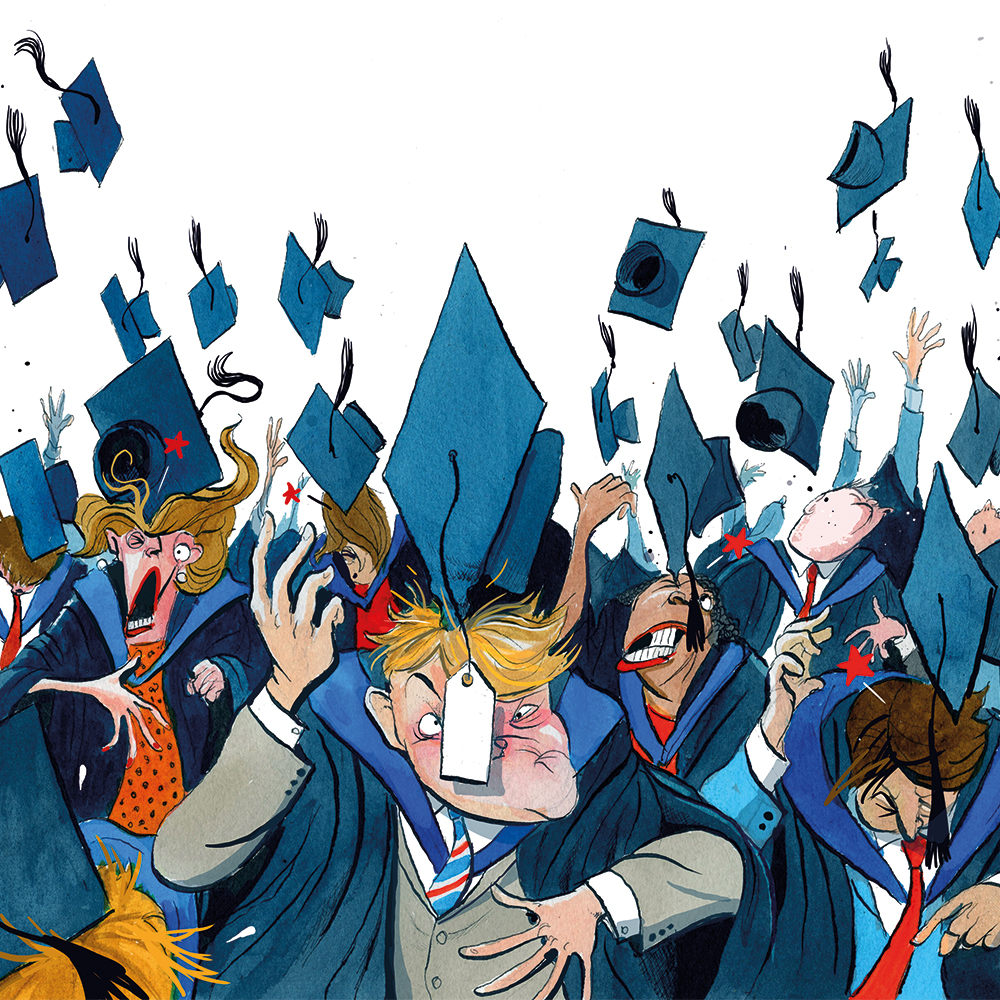






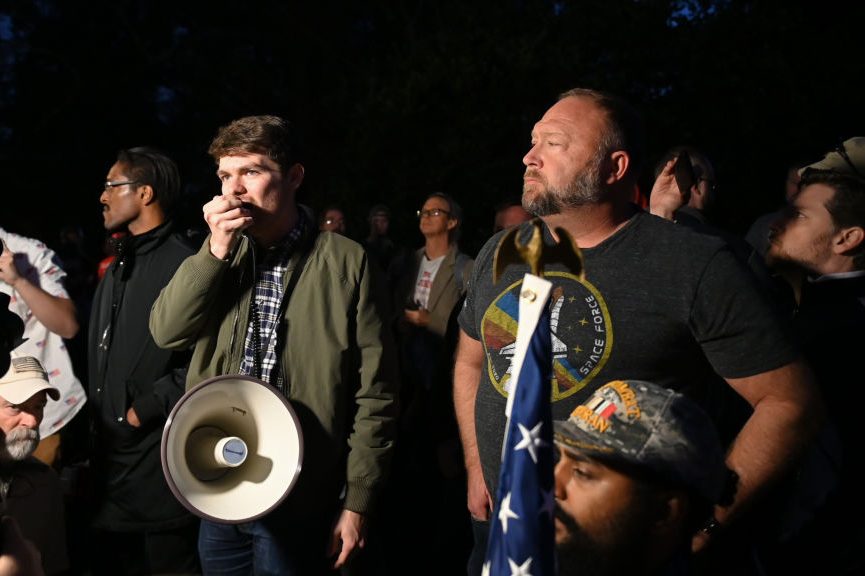


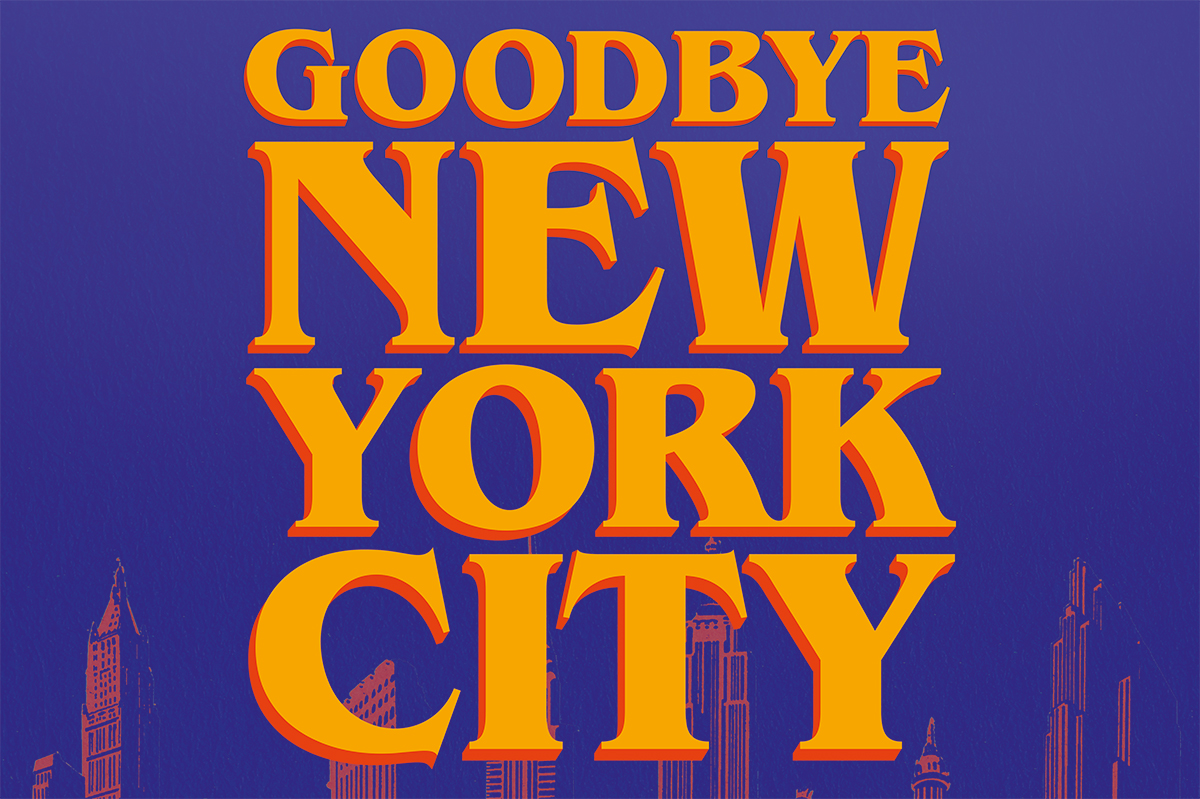
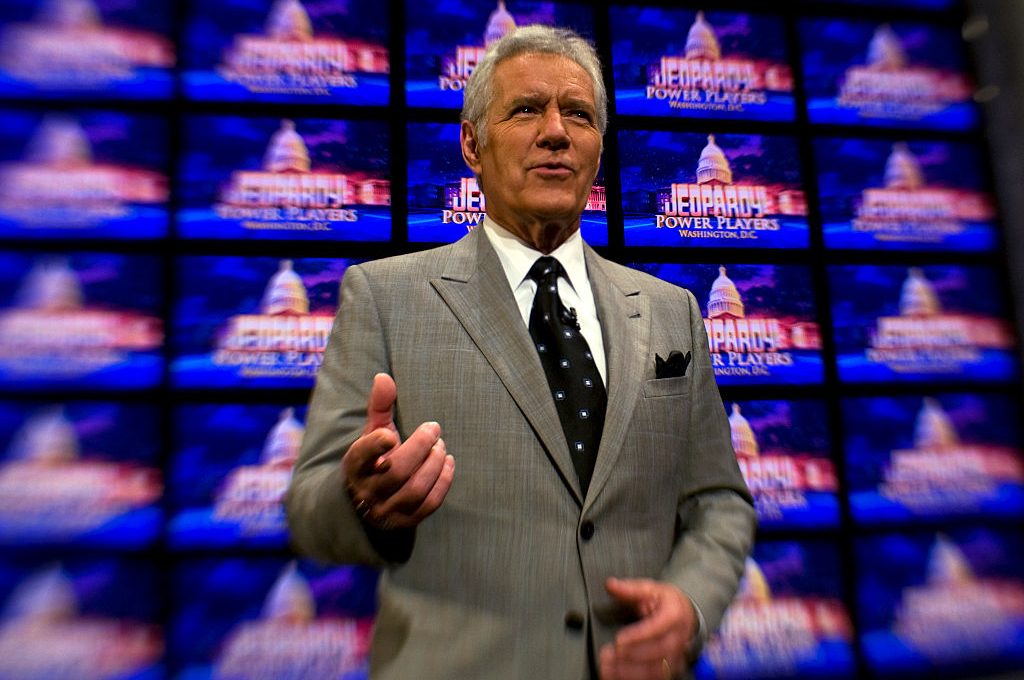
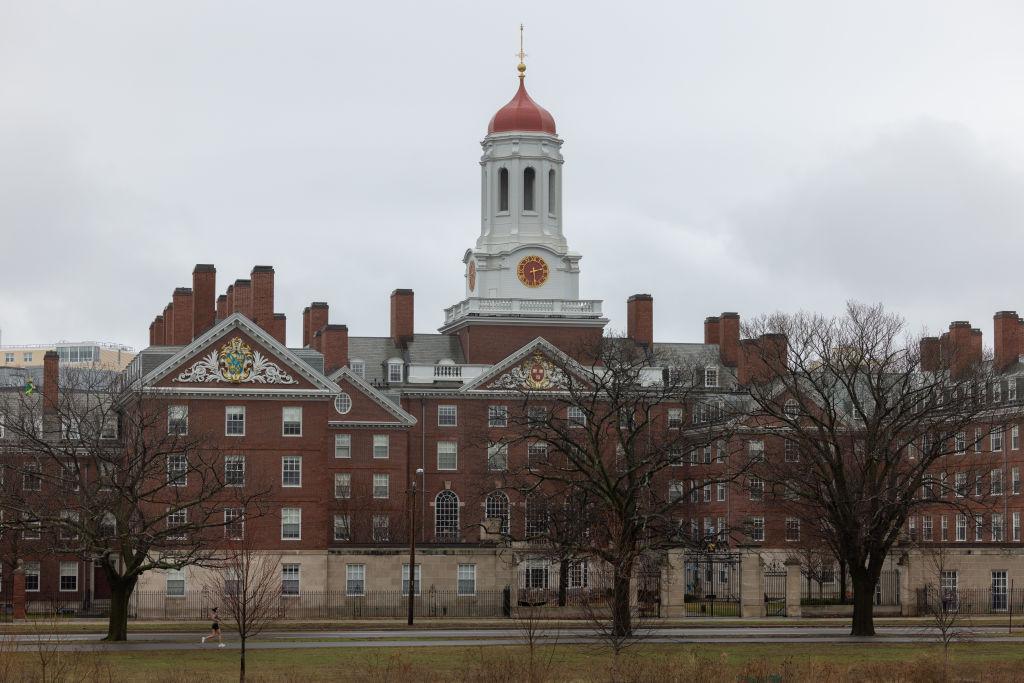







Leave a Reply